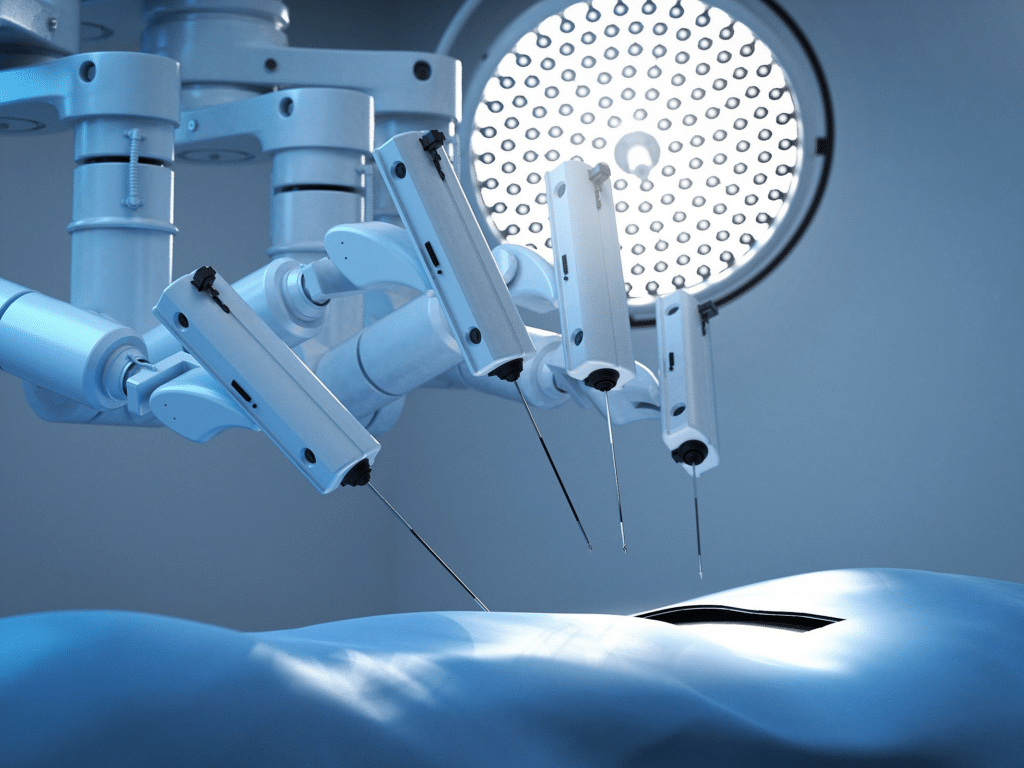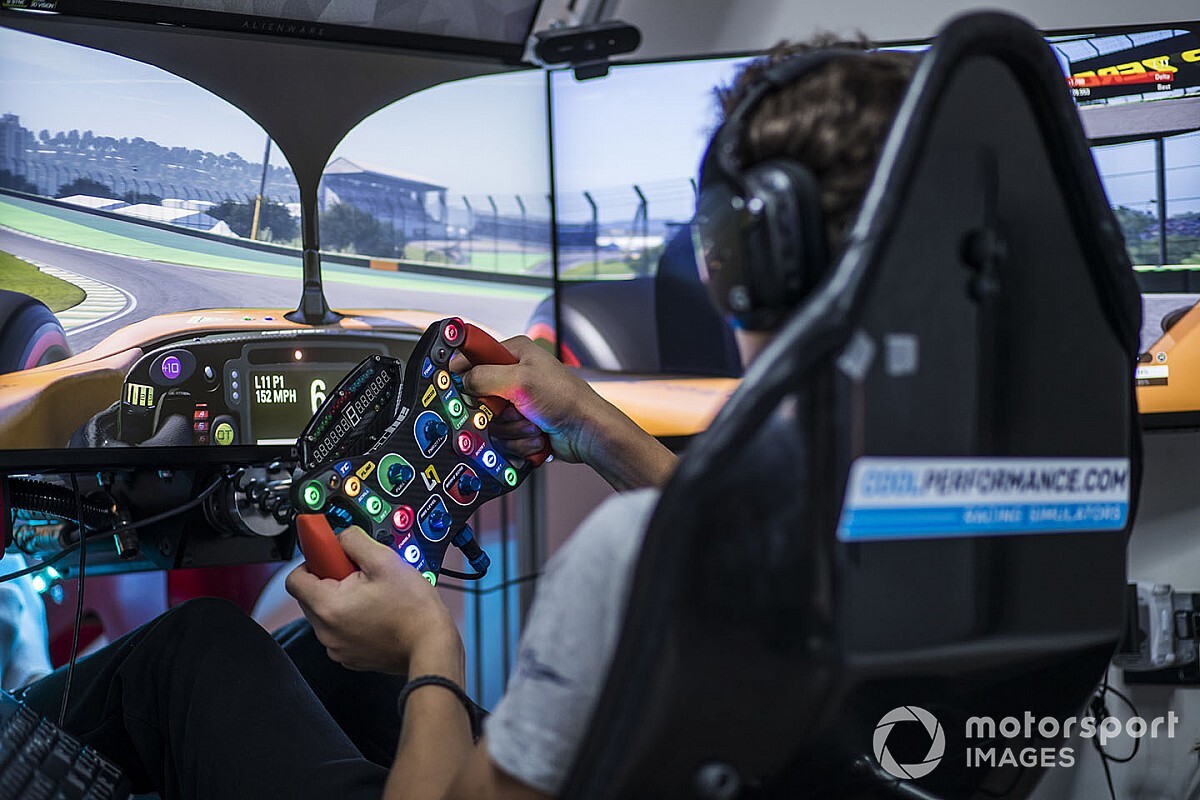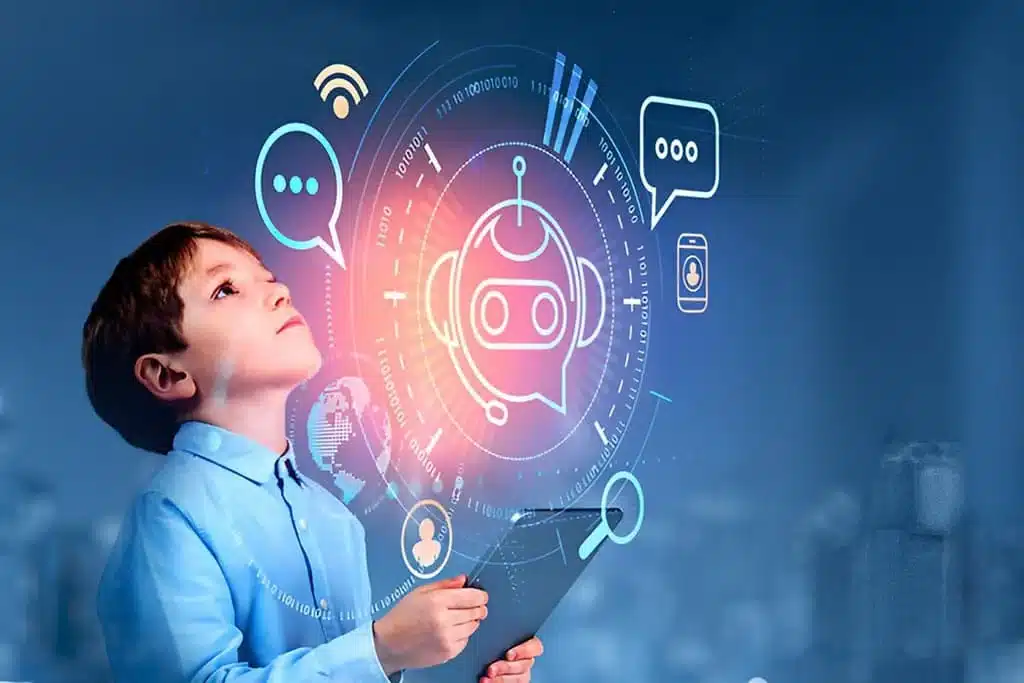Advertisements
The Quiet Revolution in Medicine
Did you know that artificial intelligence (AI) is transforming the field of medicine in ways that just decades ago were considered science fiction? It's exciting to realize how complex algorithms and machine learning are revolutionizing healthcare, providing more accurate diagnoses and personalized treatments.
Advertisements
This transformation is not only improving the quality of healthcare, but also making it more accessible and effective. Furthermore, the impact of AI on medicine goes far beyond simple automation; it is about creating an ecosystem where technology and human empathy coexist to deliver unprecedented care.
Have you ever stopped to think about how AI can radically change our daily health routines and possibly save lives? 🤔
AI: The New Frontier of Medical Innovation
Big names like IBM Watson and Google Health are at the forefront of this revolution, integrating AI into a wide range of medical applications. These advances range from analyzing medical images to predicting disease outbreaks, demonstrating the enormous versatility of AI. However, there are still challenges to be addressed, such as the need for high-quality data and privacy concerns. But as these barriers are overcome, the potential for improvements in treatments and diagnostics is truly limitless. So the question is: are we ready to fully embrace this new era of digital medicine?
Advertisements
An Invitation to Explore the Future
In this article, we’ll delve deeper into how artificial intelligence is impacting healthcare. We’ll explore real-world success stories and discuss the ethical implications that arise from these innovations. We’ll also provide valuable insights into how this technology may continue to evolve in the years to come. Join us on this fascinating journey and discover how AI could be the key to a healthier, more sustainable future. After all, who wouldn’t want to better understand how technology can shape the future of medicine and ultimately improve our lives? 🌟
Healthcare: How Artificial Intelligence is Transforming Medicine

Welcome, technology enthusiasts and health lovers! Get ready for an electrifying journey through the world of modern medicine, where Artificial Intelligence (AI) is revolutionizing healthcare. With a touch of digital magic, let's explore how AI is transforming medicine in exciting and innovative ways!
The Digital Revolution in Medicine 🌟
AI is here to stay, and medicine is one of the fields that is benefiting the most from it. After all, who wouldn’t want a little extra help when diagnosing diseases or even predicting epidemic outbreaks? Thanks to AI, healthcare professionals now have technological superpowers that help them make faster and more accurate decisions.
Early and Accurate Diagnosis
Let’s talk about diagnostics. Everyone knows that the earlier a disease is detected, the greater the chances of successful treatment. And guess what? AI is excelling in this regard. Using sophisticated algorithms, it analyzes mountains of medical data, detecting patterns that often go unnoticed by the human eye. As a result, diseases such as cancer and heart disease can now be identified earlier, saving lives every day!
Personalization of Treatment
Additionally, AI is driving more personalized medical care. Have you heard of precision medicine? The idea is to tailor treatment to the individual characteristics of each patient. With AI, this becomes a reality! By analyzing the patient’s medical history, genetic profile, and even lifestyle, AI recommends tailored treatments, maximizing effectiveness and minimizing side effects.
Virtual Assistance: Your Doctor in Your Pocket 📱
Let’s not forget about virtual assistants. Have you ever imagined having a doctor in your pocket 24 hours a day? With AI, this is now possible. AI-powered healthcare apps are becoming popular, offering everything from medication reminders to basic health advice. So, AI is empowering patients to take better care of themselves!
Future Challenges and Opportunities
However, it is important to remember that not everything is rosy in the world of medical AI. Issues of data privacy and ethics are at the forefront. How can we ensure that patient data is used safely and ethically? Furthermore, how can AI be integrated into the healthcare system without replacing the human touch of professionals? The answer lies in finding a balance between technology and humanization.
- Continuous improvement of algorithms for greater accuracy.
- Training healthcare professionals in the effective use of AI.
- Development of security policies to protect patient data.
Frequently Asked Questions (FAQ)
How is AI helping diagnose diseases?
AI uses advanced algorithms to analyze large volumes of medical data, identifying patterns that may indicate disease, often more quickly and accurately than traditional methods.
Can AI replace doctors?
No, AI is a tool that assists doctors by providing more accurate diagnoses and personalized treatments. However, human judgment and experience remain irreplaceable.
What are the ethical concerns surrounding the use of AI in medicine?
Key concerns include patient data privacy, ethical use of patient data, and the potential for algorithmic discrimination. It is crucial to develop regulations that ensure safety and fairness in the use of AI.
Can AI help in emergency situations?
Yes! AI can predict disease outbreaks, assist in real-time patient monitoring, and even help triage patients in emergencies, speeding up care.
In short, Artificial Intelligence is bringing an incredible revolution to healthcare, with innovations ranging from early diagnosis to personalized treatments. And best of all: we're just getting started! 🚀
Conclusion
The revolution brought about by Artificial Intelligence (AI) in healthcare is a powerful testament to how technology can be an essential ally in promoting well-being and advancing medicine. AI is transforming traditional medical practices by improving diagnoses, personalizing treatments, and optimizing hospital processes. This scenario is creating a more efficient, accurate, and accessible healthcare system, ensuring that patients receive increasingly personalized and effective care.
The use of advanced algorithms and machine learning allows doctors and healthcare professionals to access deep and rapid insights from vast amounts of data. This not only speeds up the diagnostic process but also provides a level of accuracy that often surpasses human potential. Additionally, AI has the potential to democratize access to healthcare, making quality medical services more available in remote and underserved regions.
It is important, however, that we proceed with caution, ensuring that these technologies are implemented ethically and safely. The balance between technological innovation and the preservation of patient privacy must be a constant priority.
As we consider the future of medicine with the increasing integration of AI, we are faced with a crucial question: how can we ensure that artificial intelligence continues to be a positive force in healthcare, promoting humane and ethical care in all its interactions? 🤔
Thank you for taking the time to read this article. Your curiosity and interest are essential to the advancement of knowledge and innovation in the health field. 🌟 By exploring these questions together, we contribute to a future where technology and medicine go hand in hand for the benefit of all humanity.




